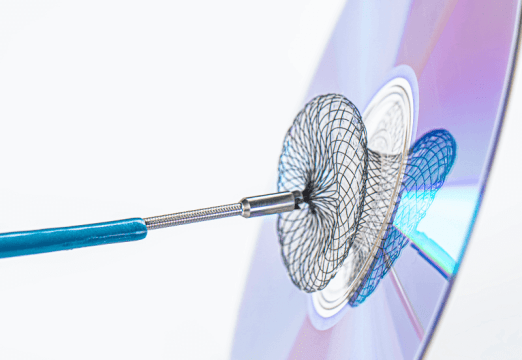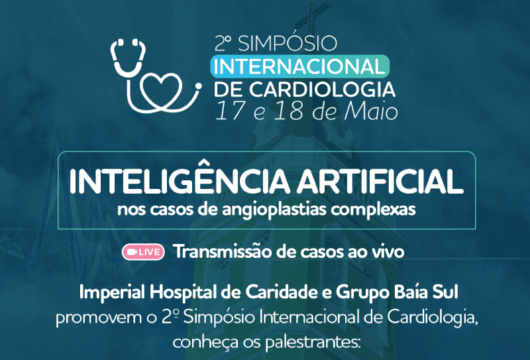Original Title: Beta-blocker use is associated with lower stroke and death after carotid artery stenting. Reference: Tammman Obeid, et al. J Vasc. Surg. 2016;63:363-9.
Courtesy of Dr. Carlos Fava.
The latest trials on Carotid Artery Stenting (CAS) have shown significantly improved effectiveness. The use of drugs such as beta blockers (BB) have proved beneficial in some studies, though it remains controversial.
5263 patients undergoing CAS were analyzed; 2152 (40%) had never received BB, 259 (4%) received BB between 1 and 30 days prior stenting and 2837 (53.9%) had been receiving BB >30 days prior procedure.
The groups were similar, mean age was 68 and most of them were men.
At 30 days, death and stoke rate was 3.4% (minor stroke 1.5%, major stroke 0.9% and death 1.2%) and there were no MI cases. 40% of patients presenting major stroke died within 30 days after procedure. 22% presented post procedural hypotension, unrelated to the use of BB. Instead, hypertension requiring treatment was 9.9% and it was frequent between patients receiving BB between days 1 and 30; it was associated to a 3.4 fold increase in stroke/death incidence (OR 3.39; CI 95% 2.3-5.00; p<0.0001). Hemorrhagic stroke was 0.5%, increased 8 fold by post procedural hypertension.
The use of BB more than 30 days prior procedure was associated to a 34% reduction of stroke/death rate (OR 0.66; CI 95% 0.46-0.95; p<0.025).
Other predictors of stroke/death were age, diabetes, symptomatic lesions and post-procedural hypotension, whereas prior endarterectomy and the use of protection systems resulted protective.
Conclusion
Hypertension and hypotension that require treatment, are strongly associated with stroke and death after CAS. BB significantly reduce periprocedural stroke/death rates. To better assess the potential of these drugs in CAS calls for further prospective research.
Editorial Comment
This is a retrospective study but it includes a significant number of patients. It shows that a simple and low cost strategies can render considerable benefits in harsh events, in addition to experience and rigorous hemodynamic control, which are essential to achieve better results.
Further randomized studies are necessary to find out who will benefit most from the use of BB.
Courtesy of Dr. Carlos Fava.
Interventional Cardiologist
Favaloro Foundation – Buenos Aires





